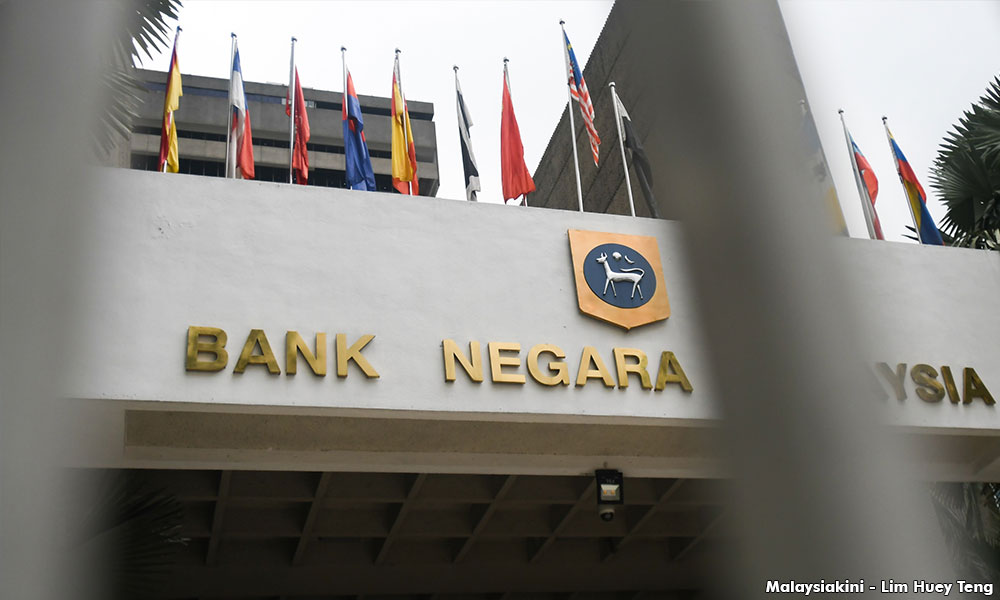
Climate change and its effects on the economy matter, as about 11.7 percent of assets in the financial system are potentially exposed to climate change, Bank Negara in its 2019 annual report said.
Bank Negara said it is important that Malaysian financial institutions treat climate risk like any other financial risk which has the potential to affect their profitability and balance sheets that, in turn, may affect the ability of financial institutions in raising funds.
"If not dealt with adequately, climate change can also pose a systemic risk that could lead to a contraction in important financial activities that support the economy," the central bank said.
Hence, Bank Negara is taking steps to systematically identify and qualify climate risk exposures as part of efforts to build climate resilience among financial institutions.
In December 2019, the “Climate Change and Principle-based Taxonomy Discussion Paper” was issued to solicit feedback on the classification of assets associated with fund raising, lending and investment activities in a consistent manner, based on their exposure to climate risk.
This aims to address the absence of agreed common definitions and data nationally to enable the quantification of climate risk impacts on individual financial institutions and the broader financial system. It will also enable financial institutions to identify and expand similar opportunities, and to do so more confidently on a well-informed basis.
A number of banks are currently offering preferential rates or discounts for the financing of sustainable projects in areas such as green manufacturing and clean renewable energy, as well as sustainability-linked financing to assist the transition of corporate borrowers.

"We also recognise that Islamic financial institutions are well-positioned to provide leadership in this area, for which it is given Syariah underpinnings that call on Islamic financial institutions to adopt practices that generate a positive and sustainable impact on the economy, community and environment," Bank Negara said.
The value-based Intermediation Financing and Investment Impact Assessment Framework (VBIAF) issued in 2019 provides broad guidance to Islamic financial institutions on the development of an impact-based risk management framework which extends traditional risk management approaches to capture environmental and social impacts.
To date, Islamic financial institutions are starting to offer products and solutions aligned with sustainable finance, such as preferential financing rates for hybrid vehicles and green-certified properties.
"Both Islamic and conventional financial institutions are also assisting oil palm smallholders to obtain the Malaysian Sustainable Palm Oil (MSPO) certification," it said.
In response to climate risk, Bank Negara partners with the government, industry and other domestic regulators. Bank Negara and the Securities Commission Malaysia established the Joint Committee on Climate Change (JC3) in September 2019 to drive and coordinate the financial industry's collective response to climate change.
Its members and observers include representatives from across the financial sector, key government agencies and institutional investors.
"On the international front, we become a member of the central banks and supervisors Network for Greening the Financial System (NGFS), comprising 55 other central banks and supervisors both from the advanced and emerging economies," it said.
"The network enables Bank Negara to tap into a deep pool of knowledge and experience on climate and environment-related risks and share best practices to support our response to climate risks and opportunities.
“We actively contribute to the work of the NGFS, including by lending an important developing economy perspective to its deliberations and publications," it added.
- Bernama



No comments:
Post a Comment
Note: Only a member of this blog may post a comment.